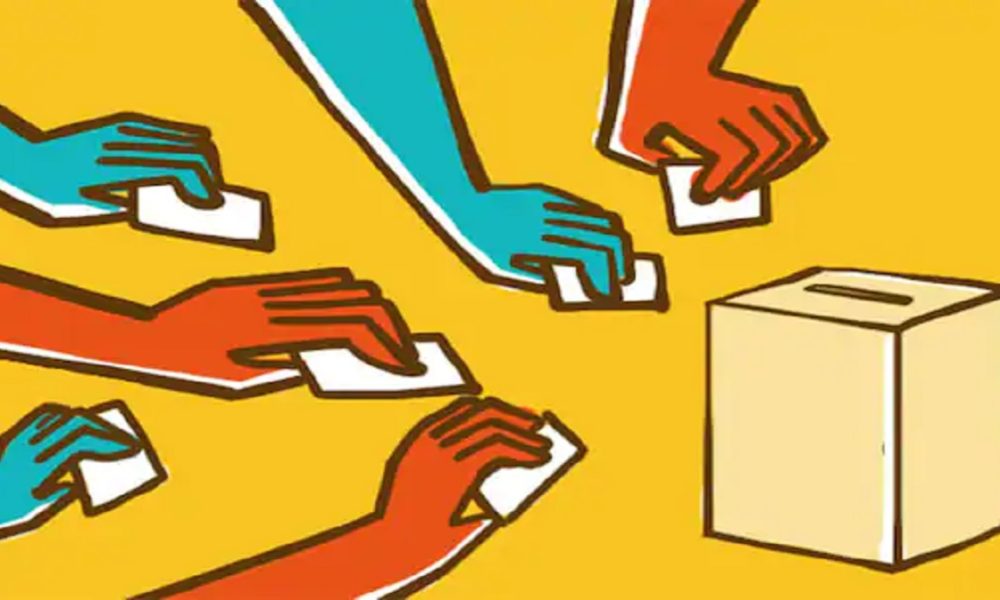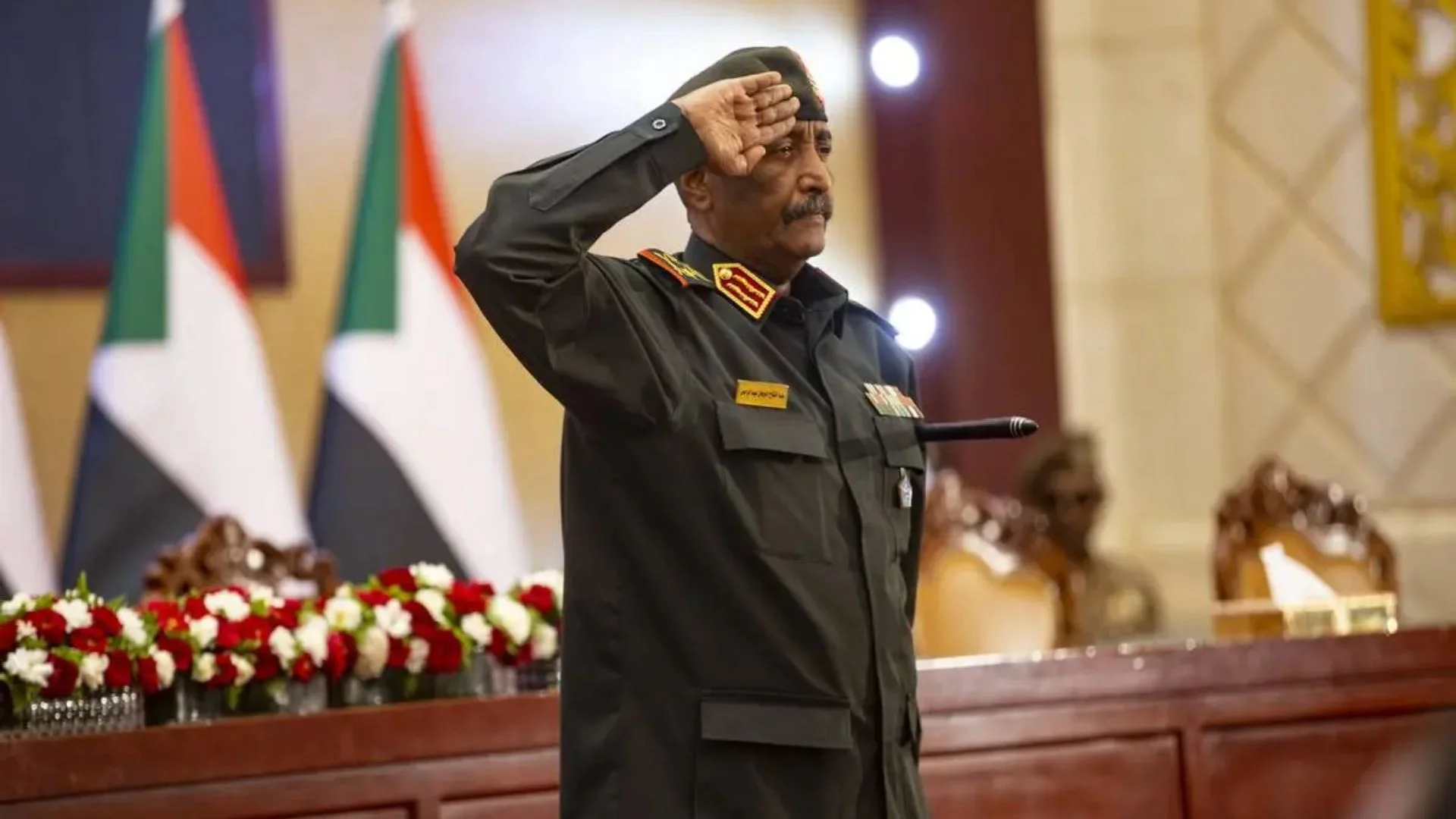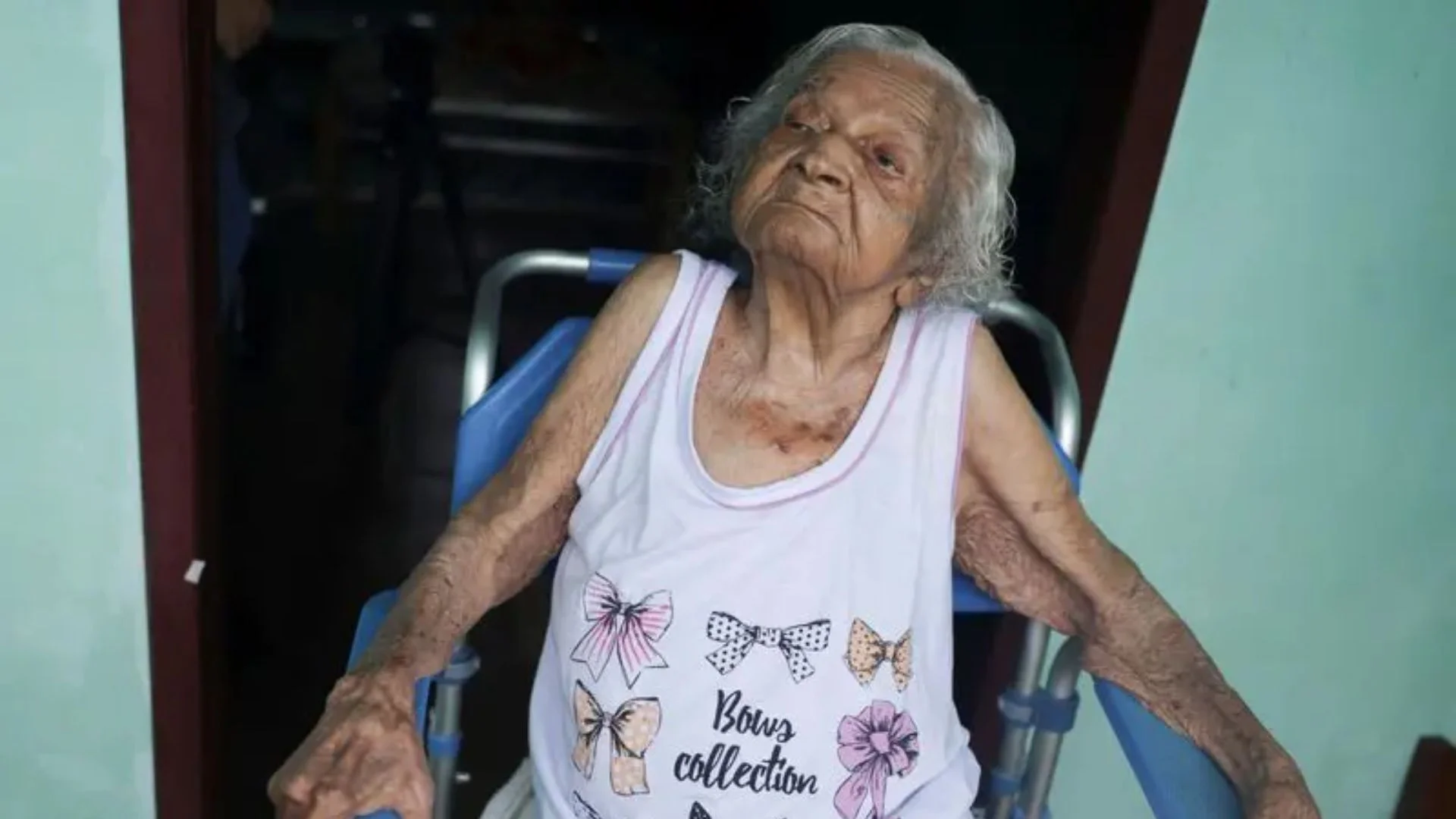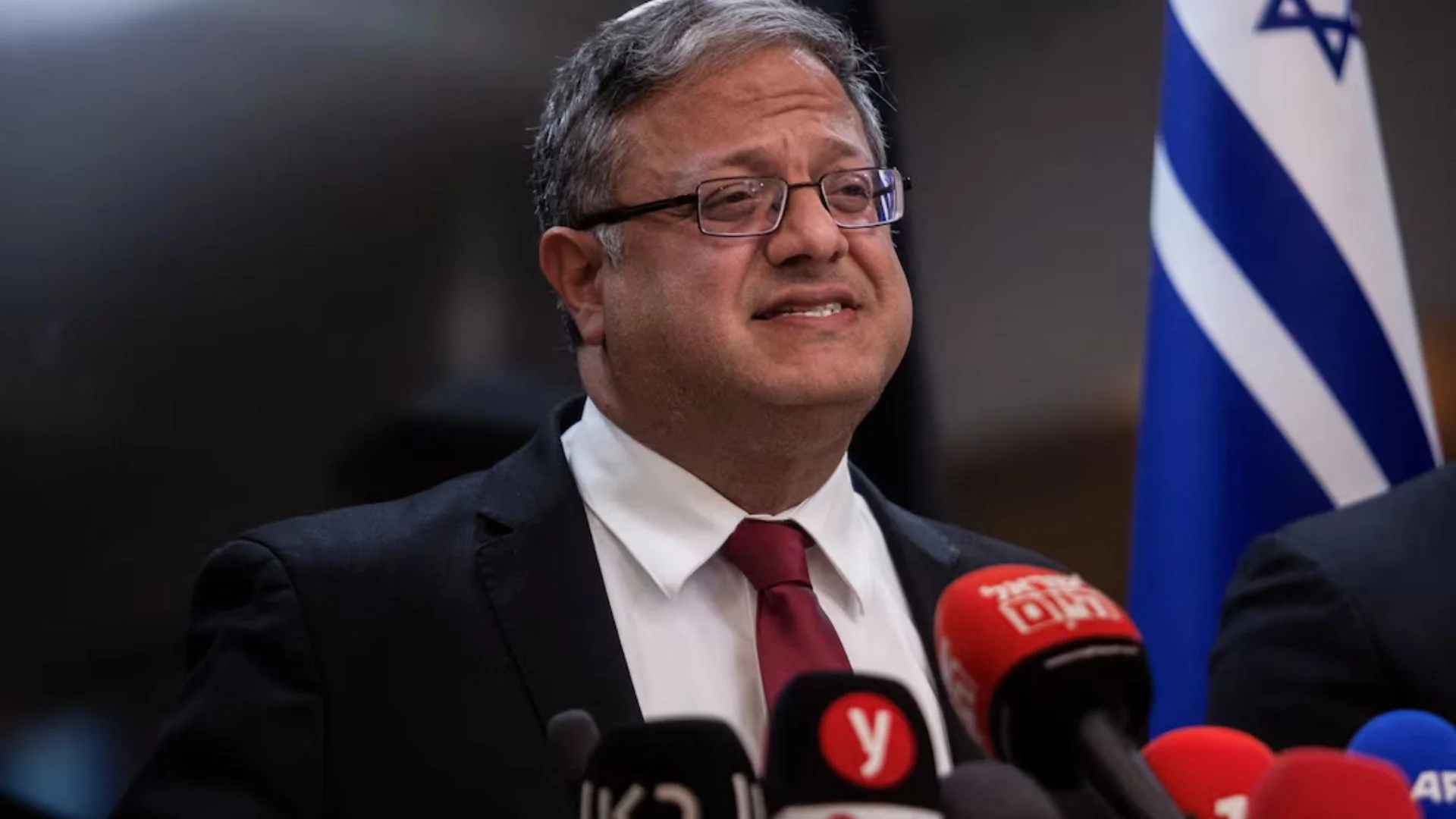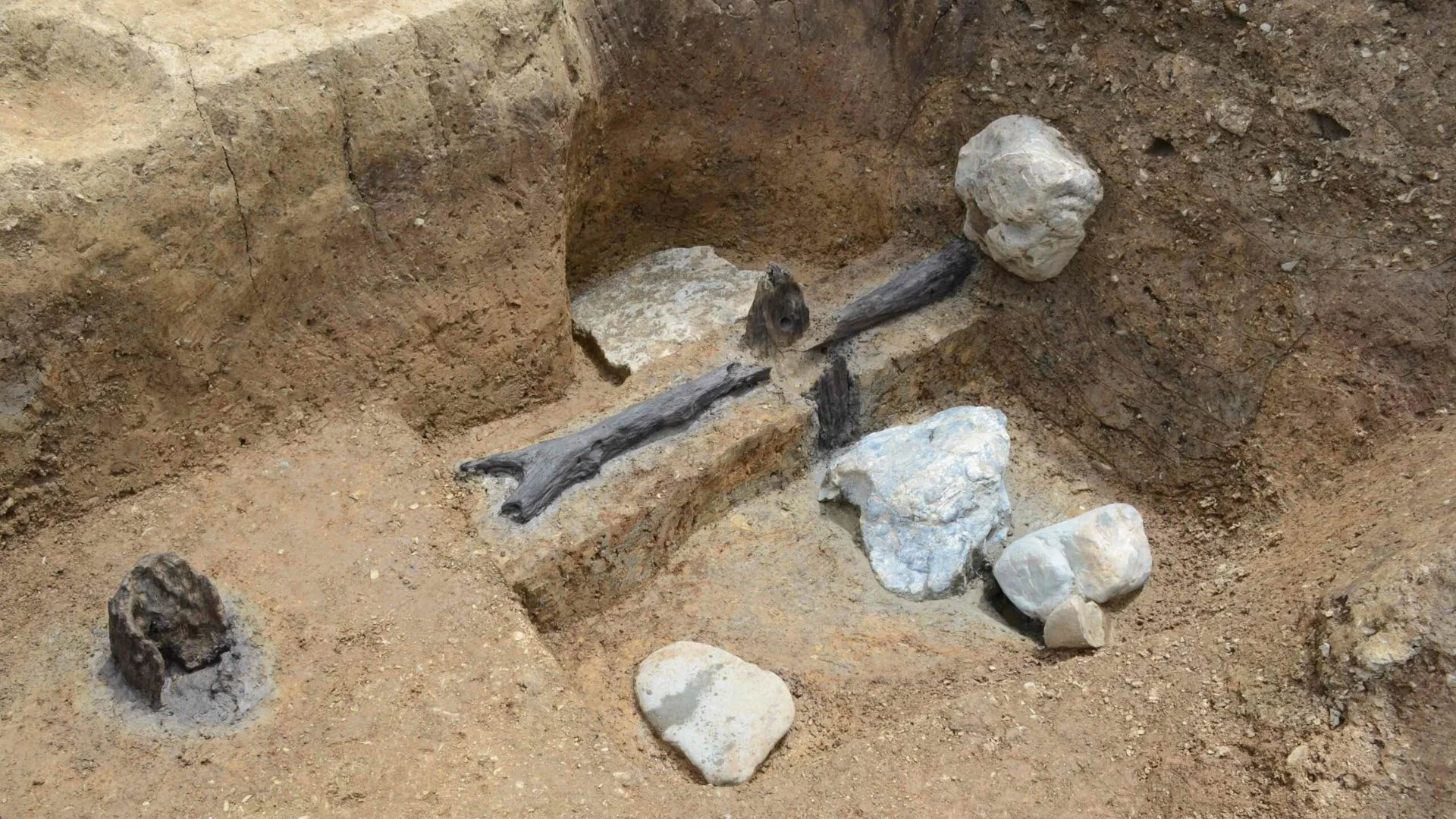India has the world largest democracy where there is multi party parliamentary system and free elections with an independent judiciary which give rights to every individual without any discrimination. But the egalitarian system has not given justice to the prisoners. The legal system in India excludes the detainee from the voting rights. This shows that the checks and balances of democratic rights or the human rights differ for the prisoners in temporary imprisonment and police detention eliminate their constitutional rights. However the contemporary societal notion for prisoners should be the reformative structures but here the Indian legal system deprive the citizens even the under trial’s from their constitutional voting rights.
Article 326 of Indian constitution has right to vote stating that in “the house of the elections to the house of the people and to the legislative assembly of every state shall be on the basis of Adult suffrage”. Also, the rights in accordance with the Article 21 of Universal Declaration of Human Rights (UDHR) and Article 25 of International Covenant on civil and political rights (ICCPR) mention the equal voting rights of the citizens so that they can express their will to elect their representative. Both the mentioned articles vividly states the description which carries the word “Everyone has the right to vote without any distinction on the basis of race, caste , color, status, language , religion, sex, political or any other opinion, national or social origin”.
Similarly, there are other various international conventions like The American convention, European convention and the African chatter on the human rights in support of the voting rights which states the freely participation of every individual in the government election. This should be seen as the reformative, rehabilitation and reintegration to the society mainly for the prisoners as mentioned in the Hirala Mallick vs. State of Bihar [AIR 1977 (SC 2237)]. This helps in protection in the rights and the dignity of the offenders who are still in the process of undertrial and the temporary detainee in the police custody. Therefore, with this enlightened convention in Europe, Switzerland, Finland, Norway, Denmark, Ireland, the Baltic States, and Spain already allow prisoner voting.
Here the question arise that if a person imprisoned is obligated to pay taxes then Why he is deprived of his Voting rights? (Pilkington 2018) This gives a clear view that an individual does not have his absolute citizenship rights. This practice of barring individuals from their voting rights who are convicted for the crime known as Felony disenfranchisement. This Deprivation comes from an archaic concept which is known as civil death. This issue of disenfranchisement in India ought to be dealt with the Section 62(5) of Representation of people Act, 1951 which prohibits the voting rights of the convicted person. Elaborately, with the Supreme Court Judgment in the State of Andhra Pradesh vs. Challa Ramkrishnan Reddy (AIR 2000 SC 2083) explains that the person convict or under trial will also deprived of their constitutional rights.
Understanding the prisoner a human being is a social responsibility and taking away such rights is the breach of a social contract which disrupts the rights of the person who are already struggling with their trials and delay in justice. The democratic culture brings equal and fair electoral rights but the arbitrary notion for prisoners does not allow them to enjoy equal rights in the confined state.
In 2019, a PIL has been forwarded challenging Section 62(5) of representation of the people act, 1951 before Supreme Court for its constitutional validity in the Anukal Chandra Pradhan vs. Union of India (AIR 1997, SC 2814), as they stated that the section has broadly worded and it affects the under trials also in the civil prison. But the court upheld stating that imprisonment is resulted with the individual’s conduct for the violation of law which deprived the individual of his liberty and cannot claim equal rights for speech and expression like others. Also, points out the provisions limiting prisoner’s voting rights struck down in the Supreme court of Canada and south Africa and European courts of Human rights with the reason that to preserve the integrity of voting process in the case of Sauve v Canada.
Further, in the case of Minister of home affairs vs. Nicro where they emphasize on the democratic supremacy where right to vote was used to entrench and marginalize the majority of people of our country which is the progressive idea. Whereas, according to the records of India’s criminal justice system, maximum number of Dalits, tribals and other weaker section people are imprisoned in the Indian Jails and majority of them are undertrails. Delay in the judicial procedures affecting the country’s unity which has been up bring with the same legislation in the past history to protect the rights of these sections.
However, critically analyzing the issue evidently proved the worse condition of prisoners. Already they are at the vulnerable stage where they are struggling with the conditions of Indian jail. Instead of making them to be alive by providing voting rights where they can practice the right of expression and be the part of our society. We are pushing them back with the denial of their rights and addressing them with civil death. The author strongly recommends the judicial system should intervene in constitutional or statutory rights of the prisoners who are in the temporary custody or the undertrail prisoners. As per the settled legal principle which mention that “A person is innocent until proven guilty”, this laid stress that the judiciary should differentiate among prisoners, undertrails and those in lawful police custody. Therefore, legislation should not be imposed with the direction to punish the violators, but there should be the reformative or rehabilitation practices in the prisons, so that being in a prison does not cease their human rights.

